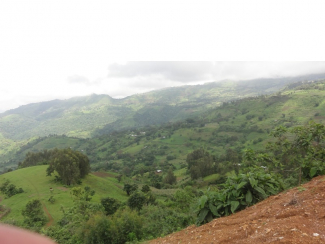Divergence in Stakeholders’ Preferences: Evidence from a Choice Experiment on Forest Landscapes Preferences in Sweden
Biodiversity plays a key role in sustaining the functioning of ecosystems and thus in the provision of ecosystem services. A great deal of biodiversity is to be found in private forests, thus the way in which these forests are managed has major implications for biodiversity.

